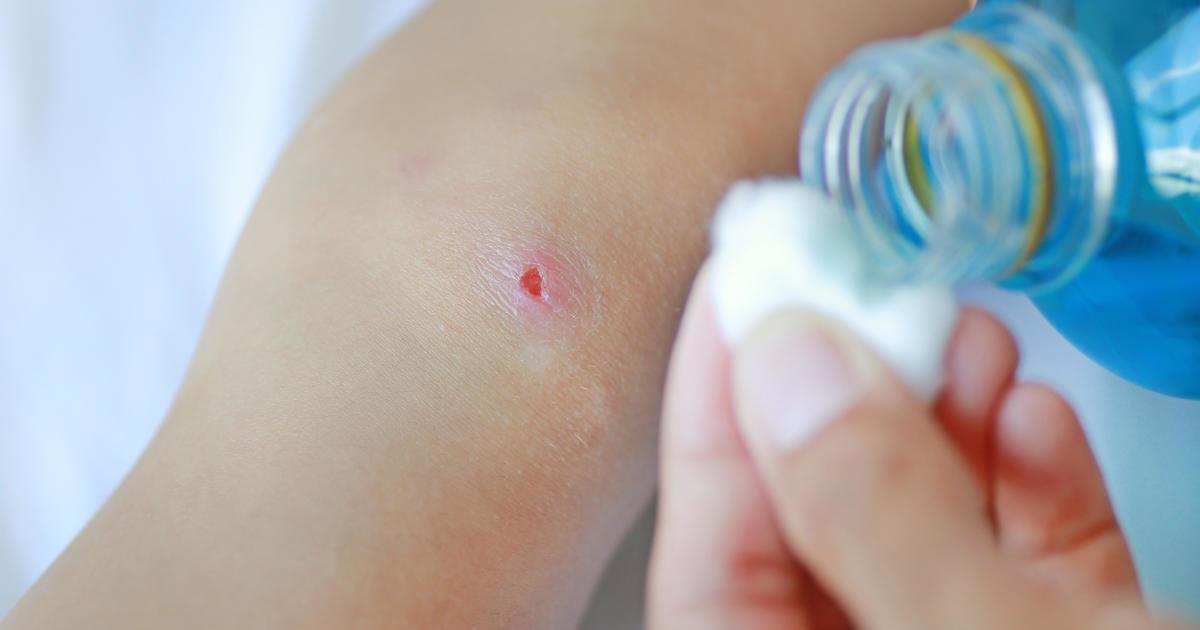Conditions St. John's Wort Helps Treat
St. John’s wort is a yellow, flowering plant native to Europe and the United States. It has been used for a variety of therapeutic purposes in the Mediterranean for millennia and has been widely studied and used clinically in Europe for decades. In the United States, St. John's wort is still awaiting approval from the Food And Drug Administration, but is available as an over-the-counter supplement from many alternative medicine suppliers and health food stores.Get to know some of the biggest purported benefits of St. John's wort and learn about the conditions it helps treat now.
Mild To Moderate Depression

Multiple clinical studies have demonstrated St. John's wort is almost as effective as a prescription antidepressant for reducing sadness, anxiety, and feelings of hopelessness. Additionally, the medicine appears to ease many of the symptoms that often accompany depression, such as sleeplessness and poor appetite. The key ingredient is believed to be hyperforin, a phytochemical (plant-produced chemical), which may act upon the presynaptic nerves in the brain to build up serotonin levels, much like a selective serotonin reuptake inhibitor would. The exact mechanism of hyperforin hasn’t been definitively identified, but there is enough positive data to declare St. John's wort an effective antidepressant therapy. Hyperforin has a short half-life, so St. John's wort should be taken at the recommended dosage three times daily.
Be aware St. John's wort does entail some drug interactions, thus it's essential to check them against the interaction list, and consult with a doctor before trying St. John’s wort.
Continue reading to reveal more about what St. John's wort can help treat.
Symptoms Of Menopause

When women's estrogen levels begin to decline during the long slope of menopause, it can cause a host of unpleasant symptoms, such as hot flashes, sleep disturbance, and mood swings, or even depression. Hormone replacement therapy has been traditionally used to counter these symptoms, but they present an elevated risk for both estrogen-based cancers such as breast cancer, and cardiovascular events such as blood clots and stroke.
Some women use plant-based estrogens, called phytoestrogens, to mimic the effect of estrogen in their bodies to avoid these risks. St. John’s wort contains a phytoestrogen called beta-sitosterol, which has demonstrated itself to be very useful in reducing hot flashes and other unwanted symptoms of menopause. Phytoestrogens are mild and can provide relief without incurring a significant health risk. The best results in symptom reduction were found when St. John's wort was combined with black cohosh, another phytoestrogen herb long used to treat hot flashes.
Learn more about what conditions St. John's wort is said to treat now.
Wound And Burn Healing

St. John’s wort has some beneficial applications for sunburns and wounds and can be blended into an oil or cream and applied topically to minor injuries to help them heal better. St. John's wort appears to reduce healing time, pain, and scarring when applied regularly.
There are a couple reasons why this herb is so effective for wound and burn healing. The first is St. John's wort is full of flavonoids, which are plant pigments notable for their anti-inflammatory and antioxidant properties. Flavonoids can reduce the swelling and discomfort of wounds, much the same way as ibuprofen would. The second contributor is St. John's wort’s remarkable ability to stimulate fibroblastic activity, the natural wound healing process our bodies employ to regrow damaged tissue. It also speeds the recovery of damaged tissues and reduces healing time. This process temporarily renders the skin UV-intolerant, though, so avoid direct sunlight when using St. John’s wort, topically or orally.
Get more details on St. John's wort and the conditions it can treat now.
Somatization Disorder Symptoms

While the name sounds physical, somatization disorder is really a psychological disorder characterized by a preoccupation with being ambushed by physical symptoms. Individuals suffering from somatization disorder experience genuine psychological stress. They become so worried about experiencing physical symptoms, even in the absence of any actual diagnosis, that their daily lives are disrupted because of it.
St. John’s wort can help treat somatization disorder symptoms in the same way it can help with the symptoms of depression. These symptoms are associated with a drop in certain neurotransmitters, like serotonin, St. John's wort is believed to be able to rectify. Brain chemical disorders are also associated with causing physical pain in the nerves and muscles, which is why there is a complicated relationship between depression, anxiety, and actual pain in depression patients. St. John’s wort can help alleviate this vicious cycle naturally, while sparing patients the usual side effects of traditional medications.
Learn more about St. John's wort now.
Alleviate Chronic Fatigue

Chronic fatigue syndrome is a miserable and debilitating condition that can be caused by a number of different maladies. Certain viral infections, like Epstein-Barr (infectious mononucleosis), fibromyalgia, multiple sclerosis, adrenal fatigue, depression, or unrelenting daily stress can all contribute to chronic fatigue.
St. John’s wort has shown to be extremely effective in its ability to alleviate chronic fatigue, even more so than some traditional medication. Although the mechanism of its power is undetermined, both anecdotal evidence and controlled study results have been very positive. Proponents of the herb recommend starting with the smallest dose and slowly titrating upward for maximum results.